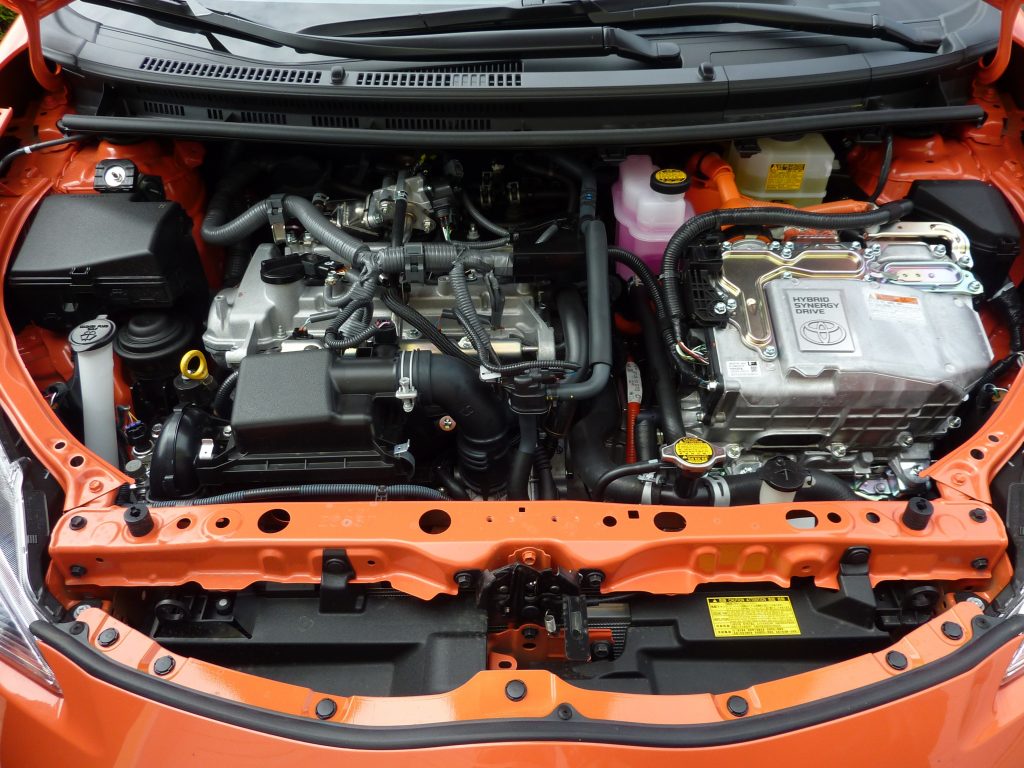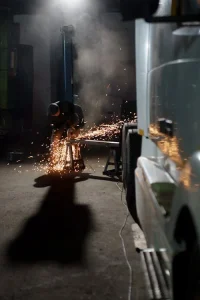
Considering how all modern cars are highly reliant on electrical systems, even one minor problem in the systems can cause you to experience a wide range of issues in your car. If the alternator, battery, and other electrical systems in your car fail, your car will not function properly.
For you to be able to diagnose such problems with your car, you will have to at least be familiar with the most common signs of electrical problems seen in cars. So, let’s dive right in!
Sign #1: The Car Won’t Start
This is the most common and obvious sign of an electrical problem in your car . If you experience this problem, there is a good chance you have a problem with one of the following: the battery, the alternator, and the starter.
What is causing this problem?
This is something you can do on your own. When you turn the key and nothing happens, you should do the following:
1. Check the interior lights.
Do they come on when you open the door?
- If the lights are NOT working and the car won’t start, a dead battery is likely the cause for it.
- If the lights are ON but nothing happens when you turn the key, it is highly likely that your alternator is the problem.
2. Listen for any weird sound.
Can you hear a clicking sound when you turn the key?
- The problem is likely the starter.
Sign #2: The Engine Won’t Crank Properly

This is slightly similar to the one above in that it could be a sign of a bad battery, alternator, or some unrelated electrical problem. Since the engine requires electrical power to start, it’s normal to immediately want to check the battery – The battery is what provides the spark that ignites the fuel in your engine, after all. But if your car is older and has high mileage, there is a good chance that the electrical system is faulty.
What is causing this problem?
To diagnose the problem, pay attention to the sound when turning the key:
1. Do you hear a “clicking” sound?
This is the most common issue you’ll have when you attempt to start your car. This sound is a sign of not enough current flowing in the system to engage the engine.
This is the most common issue you’ll have when you attempt to start your car. This sound is a sign of not enough current flowing in the system to engage the engine.
- It is usually a discharged or bad battery at the source of the problem.
- But the starter can also be causing the issue. You will need a professional to confirm this.
2. Do you hear a “grinding” sound?
- This could be caused by a bad starter or a faulty flywheel ring gear.
Sign #3: The Car Works Fine but the Headlights and Other Lights Are Not Working Properly
Brake lights, turn signals and headlights are some of the most important things that your electrical system controls. In addition to keeping you safe on the road, the interior illumination ensures that you can see in dark conditions.
What is causing this problem?
Car lights generally start to dim if the electrical system is malfunctioning. It could indicate charging malfunctions and low system voltage. The following are generally the culprit behind this problem:
- A dying battery
- Loose wires
- Malfunctioning alternator belt.
Sign #4: Your Fuses Keep Blowing Out
Fuses are designed to blow out to prevent overvoltage and short-circuiting. By blowing out the fuse box breaks the circuits to protect vulnerable electrical systems from drawing too much current. It could happen that a fuse blows for no reason and a simple replacement will solve the issue. But repeatedly having to change fuses is an indication of another underlying problem.
What is causing this problem?
Fuses that require frequent changing in a short period is likely a sign of a deeper problem with your electrical systems. In this case, it is better to have your car professionally examined. An expert will be able to determine whether there is an electrical fault or short-circuit causing the issue.
Sign #5: You Smell Burning Plastic or Electrical Insulation
The smell of burning plastic or electrical insulation is a sure sign of an electrical malfunction. You should stop driving your car immediately and have your car towed to a service station as soon as possible.
What is causing this problem?
If the smell of burning plastic or electrical insulation occurs alongside the following:
- Dimmed lights
- Blown fuses
- Issues cranking or starting your car
Your car is most likely facing an electrical malfunction or a short circuit.
What Can You Do?
That’s the issue with electrical failure in cars. All of these problems require a visit to the auto repair shop . In some cases, you will need to stop driving and get your car towed to a service station immediately because driving could further damage the vehicle, resulting in higher repair costs. They’ll conduct a thorough check and provide a final diagnosis and repair.




Thanks for the tip on how you should be wary if your vehicle’s electric components are not working as intended. I never knew that a faulty or discharged car battery could cause this. I’ll be sure to look for a car service expert if ever this happens to me.